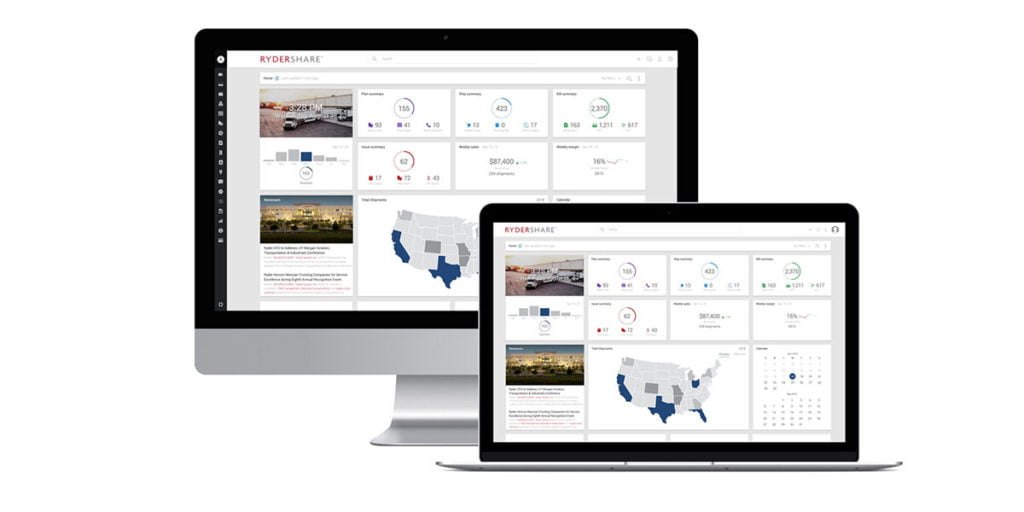Today’s demand is becoming more sophisticated and individualized in today’s culture. As a result, it is crucial to implement more intelligent and efficient supply chains to meet the needs of both consumers and businesses. Currently, supply chains serve as more than merely a tool to track goods as they move through the chain. With Industry 4.0, they will support transforming businesses, establishing unique brands, and acquiring a competitive edge. Supply Chains under Industry 4.0 will also help maximize the company’s profitability and substantially cut costs and lead times for manufacturing.
The development of intelligent factories that employ and integrate cutting-edge technologies like the Industrial Internet of Things (IIoT), Blockchain, additive manufacturing, 3D printing, and machine learning is a hallmark of the fourth industrial revolution. Utilizing these advanced technologies enables the supply chain optimizations required to save costs and speed up the output. This will also allow supply chains to develop thousands of unique product combinations in minimal quantities for a meager cost.
Key areas through which the supply chains will transform under Industry 4.0 are going to be IoT, Blockchains, and Machine Learning.
IoT Features
The Internet of Things (IoT) is a network of devices that are connected and equipped with electronics, software, sensors, and actuators to gather, store and exchange information with the potential to conduct specific actions. IoT systems enable the gathering, transmitting, and storing of enormous amounts of data. Their adoption rate is increasing due to a drop in microprocessors, controllers, and sensors costs. IoT applications go beyond machine-to-machine (M2M) communication to create a complete ecosystem.
Supply chains will see a revolution in operational effectiveness and commercial prospects for the companies with IoT. Here are some of the application areas that IoT will enable:
1) Asset Traceability
Currently, managing products in the supply chain uses track-and-trace and barcodes. With the IoT-enabled supply chains of Industry 4.0, the ability to manage the assets and gain control over their quality and delivery will be a game-changer.
2) Vendor Management
The supplier management process is essential since better service and products lead to stronger customer relationships. Manufacturing companies can optimize supplier production schedules, maintenance schedules, and supplier payments by using the data collected by IoT devices. It will also enable businesses to highlight and share the problem areas with the vendors to solve them together as partners.
3) Inventory and Forecasting
IoT sensors can simplify notorious tasks like temperature monitoring and control regular tasks such as tracking inventories and stocking supplies for upcoming production with a simple click. They can also store data in shared cloud locations that are open to relevant stakeholders.
4) Connected Logistics
The need to connect all fleets and containers is expanding as supply chains extend both vertically and horizontally. IoT will allow for the efficient and effective transfer of information across the supply chain.
Blockchain Features
Another massive feature of Industry 4.0 is Blockchain.
Blockchain is a mechanism for storing safe, anonymous, decentralized, and manipulation-free information owing to the encryption it uses to function. It is distinct from conventional database servers, where users search on a single server for information, and only one copy of the data exists.
The Blockchain enables supply chain transaction automation through intelligent contracts. It will allow faster and easier access and settlements with potentially no fraud. Such transparency and confidence will boost intelligent ordering, smart logistics, and smart procurement, making Supply Chains faster, leaner, and more reliable. The Blockchain applications that are now in use that make use of these characteristics include Hyperledger and products built on its technology.
Machine Learning Features
Data science and machine learning are the most potent instruments to revolutionize supply chains. Machine learning can enable autonomous decision-making in supply chains that can do millions of computations per second.
In particular, data science and the use of machine learning models will impact many aspects of supply chains, such as:
1) Improving Demand Forecasting
The key to improving customer satisfaction and loyalty is accurately forecasting future demand based on historical events and patterns.
Machine Learning based demand forecasting will help attain high levels of product availability and lower the operational lead time, leading to improved customer service. Adopting these technologies eliminates overstock situations and eases warehouse space requirements and operations.
2) Price Elasticity
Spreadsheets are still the traditional method of handling critical functions of product pricing. It leads to forecasting pricing based on just historical data.
Whereas factors such as the location, season, weather, and demand pattern must all be considered by companies when utilizing predictive algorithms to forecast prices. Machine learning algorithms will enable such capabilities, allowing for more accurate pricing forecasting.
3) Predictive Maintenance
The current maintenance is only scheduled periodically, but it is still unreliable and wasteful. Since the process doesn’t carry any intelligence, maintenance gets impacted for minor reasons, like the necessary component is unavailable. Such unexpected situations result in increased product downtime, stockouts, income loss for the company, and unsatisfied customers.
With IoT and predictive maintenance, companies can identify when the machine needs maintenance or new components. The system then proactively orders them rather than holding them and taking up stock space.
Conclusion
Many of the issues faced by supply chains will be solved by integrating IoT technology with Blockchain and Machine Learning under Industry 4.0 framework. Industry 4.0 technologies can set up smart contracts with Blockchain, monitor every step of the supply chain processes in real-time with IoT, validate the accuracy and transparency of the data with Blockchain, and make precise predictions about demand, price, and maintenance of machines with Machine Learning.
If you are looking for great Collaborative TMS solutions that integrate easily, Turvo is the right partner. Turvo provides the world’s leading Collaborative TMS application designed for the supply chain. Turvo connects people and organizations, allowing shippers, logistics providers, and carriers to unite their supply chains, deliver outstanding customer experiences, collaborate in real-time, and accelerate growth. The technology unifies all systems, internal and external, providing one end-to-end solution to execute all operations and analytics while eliminating redundant manual tasks and automating business processes. Turvo’s customers include some of the world’s most considerable Fortune 500 logistics service providers, shippers, and freight brokers. Turvo is based in the San Francisco Bay Area with offices in Dallas, Texas, and Hyderabad, India.









